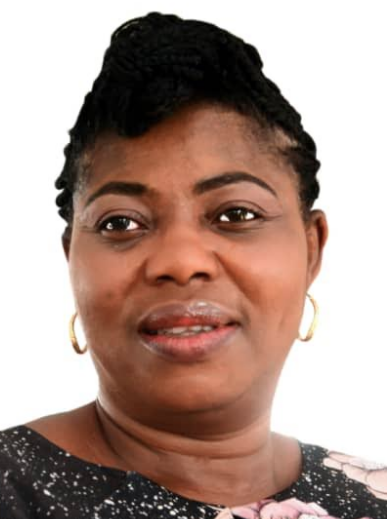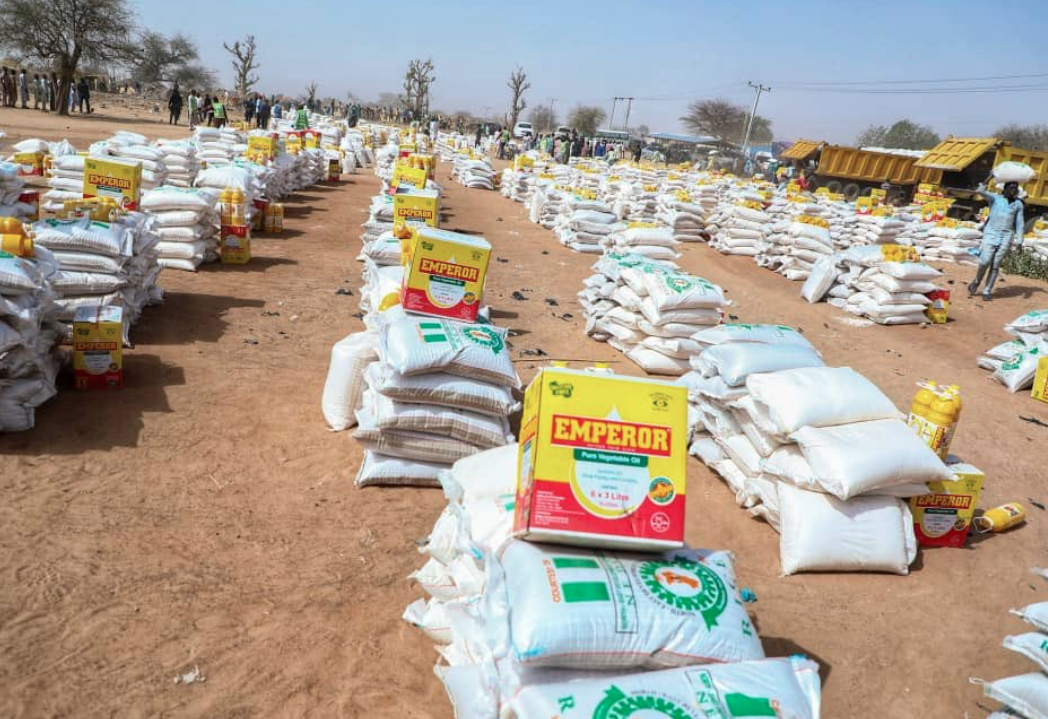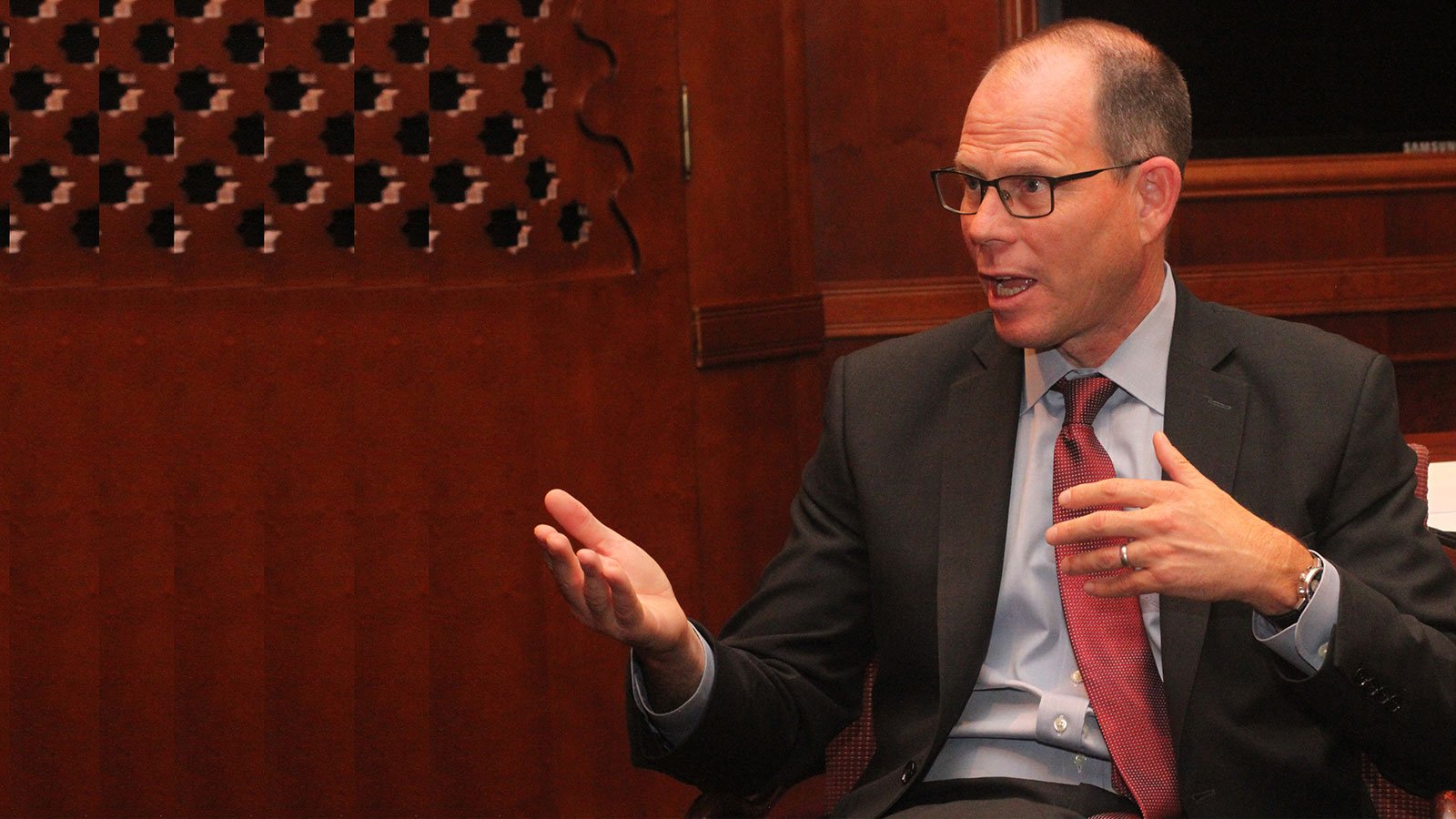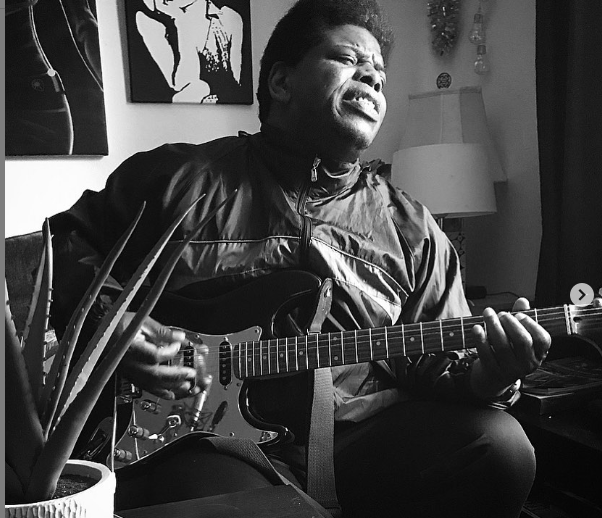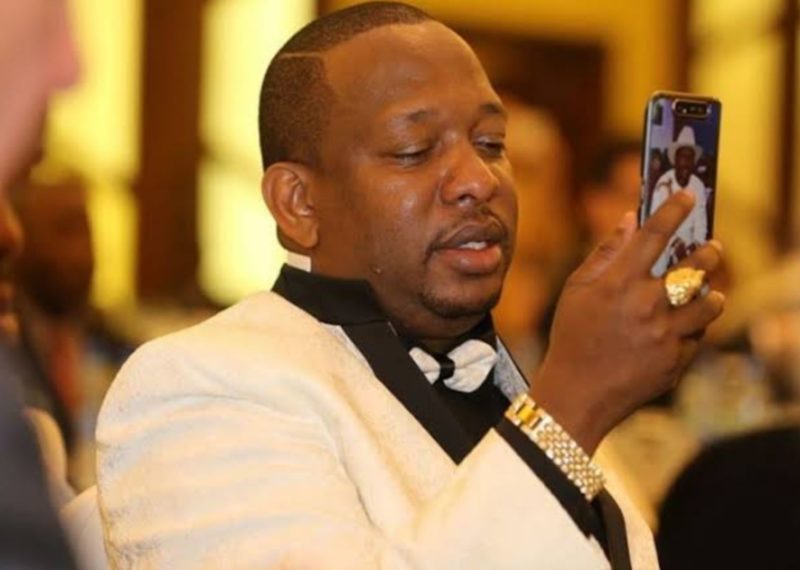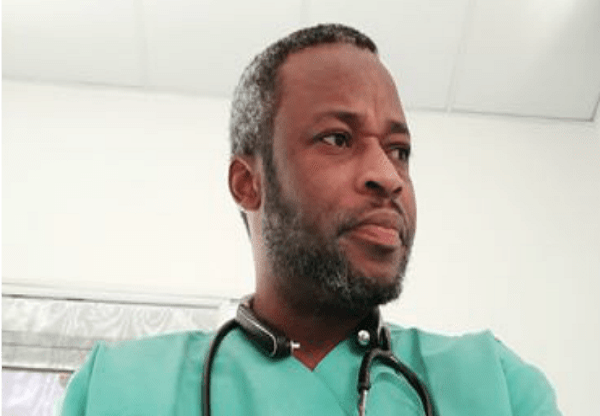It’s amazing how some people are responding to the challenges posed by this COVID-19 pandemic. A university in Japan just developed some robots to represent its graduating students at their convocation ceremony. This was done to beat the social distancing measures brought about by the pandemic. A team of robots with Ipads for faces would be standing in for students of the Business Breakthrough University (BBT) in the capital city of Tokyo in Japan. The students would be controlling the robots’ motions remotely from home using computers as they collect their certificates on their behalf at the graduation ceremony.
According to Euronews Living, the robots, going by the name ‘Newme,’ was developed by ANA Holdings as a tech-based solution, to prevent students from travelling to and from the University for the Ceremony. The ‘avatar robots’ are said to be very lifelike, appearing in graduation gowns and caps. The Dean of the Department of Global Management at BBT University, Professor Shugo Yanaka, who incidentally is the brains behind the tech solution, said the university knew that there were lots of students who would like to attend the graduation ceremony but wouldn’t be able to do so due to corona virus concern. He explained that he suddenly came up with an idea of Avatar Graduation Ceremony and he wanted it to be like a teleportation experience.
I just wonder when Nigeria would get to this point considering its current struggle in doing things as basic as identifying the most vulnerable people in the country. Listening to Nigeria’s Minister of Humanitarian Affairs, Disaster Management and Social Development, Sadiya Farouq, explain the criteria for determining beneficiaries of Federal Government’s conditional cash transfer for vulnerable Nigerians, left me perplexed. President Muhammadu Buhari had promised to preserve the livelihoods of Nigerian workers and business owners, when he announced the lockdown of Lagos, Ogun and the Federal Capital Territory on March 30 as a result of COVID-19. He then directed the Humanitarian ministry to transfer some cash to the vulnerable people in the country. Farouq subsequently told Nigerians that the ministry had transferred cash to 2.5 million households in its social national register. This prompted many Nigerians to ask questions on how the ministry arrived at the data used for the conditional cash transfer and how the cash was disbursed.
The minister in her response, said, “The way the people are captured is by community engagement. We go in and reach the community, opinion leaders, religious leaders who are the ones that decide which families fall within that category of poor and vulnerable households. And that is what we use, so there is really accountability and transparency in this regard.” What the minister is simply saying is that Nigeria does not have any poverty measurement technique or yardstick for measuring the standard of living of the people. Is it that Nigeria is yet to develop poverty index indicators or could it be that this present administration is just not interested in using available statistics? I think measuring poverty in an economy with a narrow and weak base as Nigeria shouldn’t be a difficult thing to do. After all, poverty is a problem of low wage and more than 80 per cent of Nigerians work in the informal sector where wages are low, according to International Labour Office. These people are the street traders, artisans, food vendors and the rest that we see every day. I am of the opinion that government should be able to capture the data of such people with ease.
Advertisement
That is why it is particularly shocking to me that the Nigerian government could boldly tell the people that it got its own social national register for its Social Intervention Programme (SIP) that has been in use since 2016 from religious/opinion leaders, who probably do not know what it means to be poor. Going by the figures in this faulty register, Nigeria has 5,982 vulnerable households in the FCT, 8,271 in Nasarawa, 6,732 in Katsina and 1,367 in Anambra. In short, as at March 31, 2020, the register was made up of 11,450,537 poor and vulnerable people in 35 states and 453 Local Government Areas across the country, according to the minister.
How can a country that can’t even properly identify the poor among its people develop a proper policy guide on poverty alleviation? To top it all, the Federal Government on Wednesday made N5, 000 its latest cut-off poverty line. To the Nigerian government, anyone that has up to N5, 000 (less than $15) in their bank accounts or buys more than N100 recharge card at a time does not qualify for government’s palliative. What this means is that as far as the Nigerian government is concerned, anyone that has more than N5, 000 in his/her account is not vulnerable. What an unrealistic way of measuring poverty!
No doubt, poverty is multifaceted in scope and dimension, but there are still yardsticks for measuring standard of living. To me, the simplest way of knowing whether people are poor or not is to look at the way they live. Can they meet their basic needs of food, shelter, health care, education and other things essential for living a meaningful life? This is how poverty is measured in sane climes. And that is why organisations like the World Poverty Clock and Oxfam will tell us that about 94 million people – roughly half of Nigeria’s population are living in extreme poverty. Granted that Nigeria, as a sovereign state, has a right to reject such statistics, but it should be prepared to provide a reasonable credible data to counter whatever it perceives to be a wrong representation. This has not been the case. As it is, any novice could easily contest Nigeria’s current statistics of its vulnerable citizens. Who in this world will agree with the Federal Government that less than two per cent of Nigerian population are vulnerable? Poverty is a big problem but the bigger problem is when you have leaders who live big on the nation’s resources but pretend not to know what it means to be poor.
Advertisement
A country like the US is even going beyond looking after the welfare of the poor alone as it fights the scourge of corona virus. The U.S. Senate has finalised a $2 trillion economic stabilisation plan to help workers and businesses in the country to cope during this period. Likewise, the Hong Kong government is paying residents over the age of 18, 10,000 Hong Kong dollars, as part of measures aimed at reducing the financial crisis occasioned by total lockdown of some cities around the world. The Canadian government is giving 500 Canadian dollars weekly to its people for the next 16 weeks to ease the effects of making people shelter in place. Back here in Africa, the Ghanaian government has promised to pay citizens’ power and water bills for three months, while health workers are given tax holiday. The countries providing these generous palliatives are not foolish. They know they are in power to promote the welfare of their citizens.
Already, there is a significant upsurge in crime rates in Lagos and Ogun states-the states that are currently on total lockdown. Residents now form vigilante groups to protect themselves from the menace of armed robbers. They hold vigil throughout the night and sleep with one eye opened during the day. The police are either overwhelmed or confused. People are hungry and vicious. Many trending videos show people taking goods meant for sale forcefully from their owners. In one of such videos, a commercial bus, loaded with bread, was attacked by some residents in a Lagos suburb and all the loaves of bread were carted away in minutes. A bus loaded with yam suffered a similar fate.
These are evidences that there are far more vulnerable Nigerians than the ones in government’s data bank, hence the urgent need for the Federal Government to review its data gathering technique. Government should employ a more realistic means of identifying the poor among the citizenry if it is serious about its so-called Social Intervention Programme. The job here goes beyond merely expanding the list by adding another one million households as directed by the President. The process of cash distribution should also be more transparent with government becoming more accountable to the people.
Nigeria has to do away with its barbaric and primitive ways of doing things if it aspires to make headway. Otherwise, it will continue to deal with basic issues of life while ordinary universities abroad are developing high tech solutions to complex problems.
Advertisement
Olabisi Deji-Folutile is the editor-in-chief of Franktalknow.com and member, Nigerian Guild of Editors. Email [email protected]
Advertisement
Advertisement
Advertisement
Add a comment
